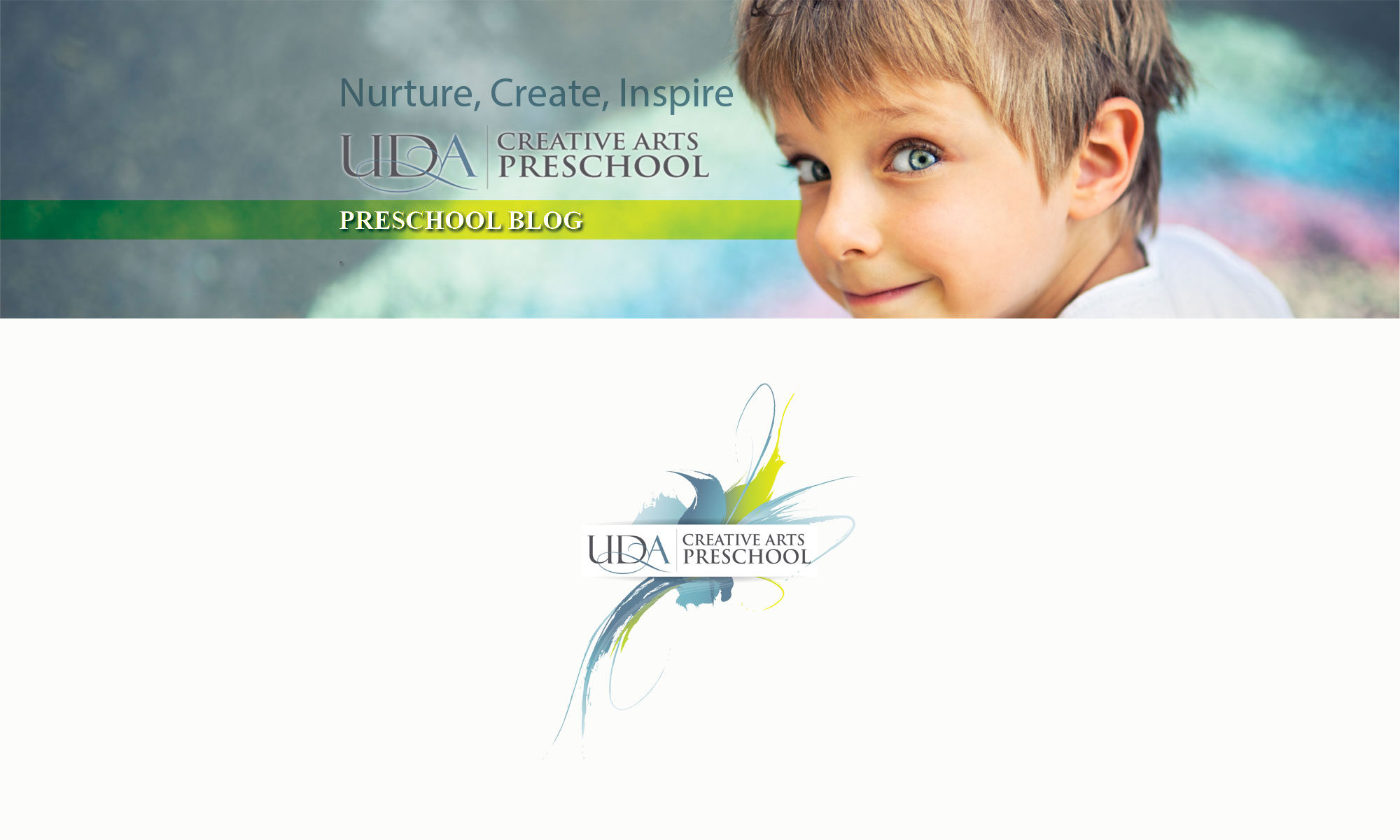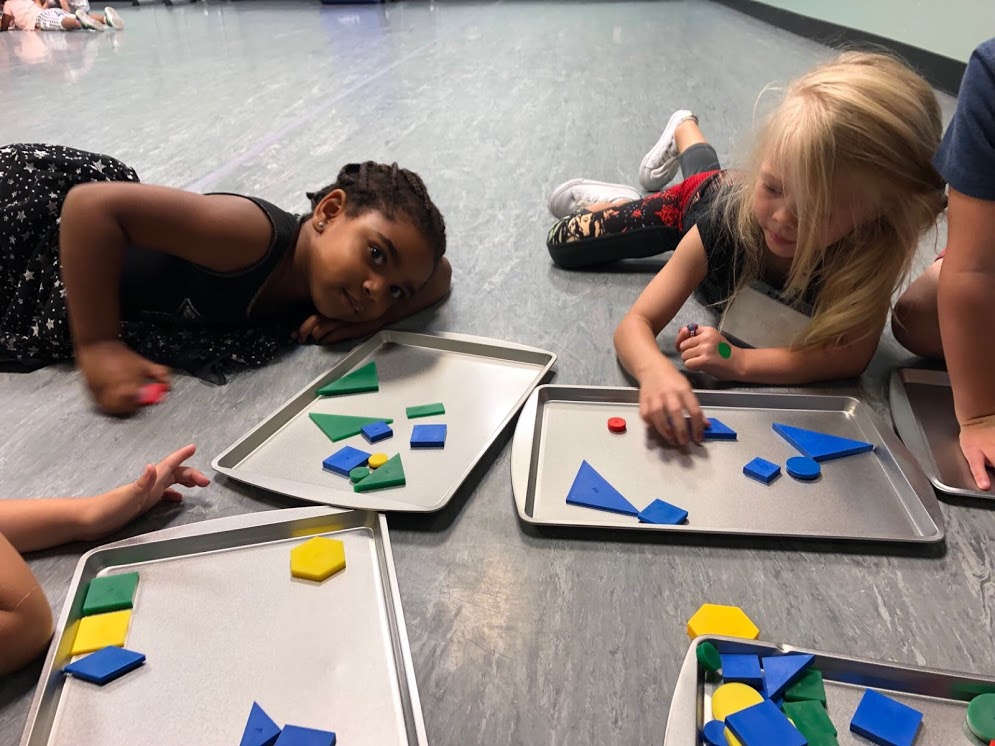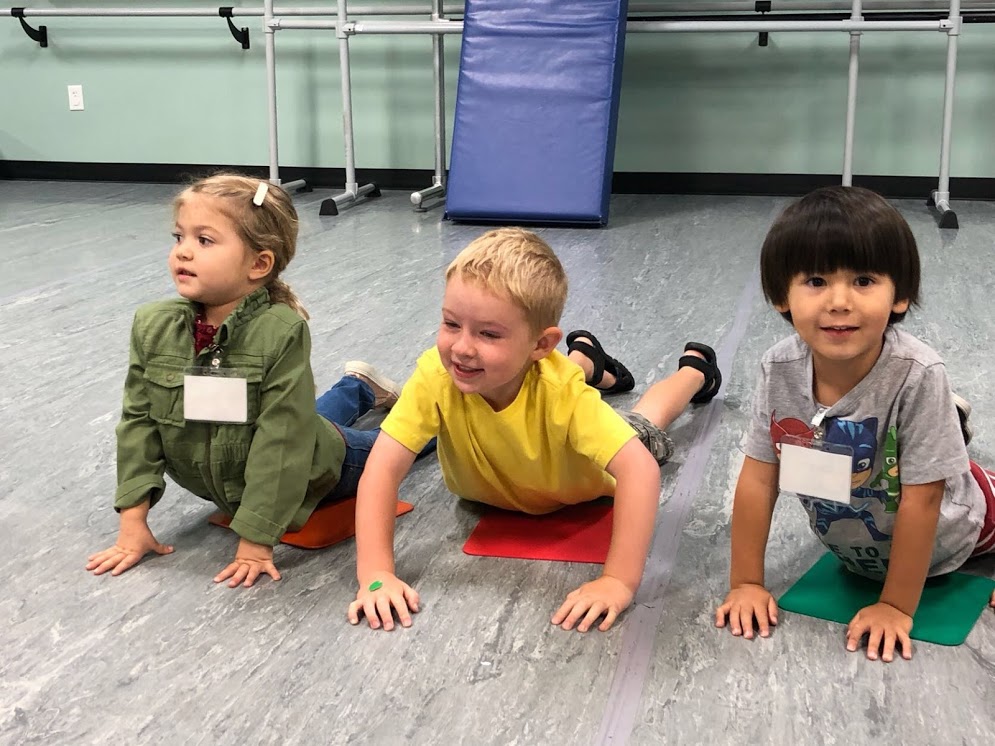Building Better Brains: Getting Ready for Kindergarten by Increasing Physical Development Through Play
When it’s time to start thinking about kindergarten readiness, many of us go straight to reading, writing, and math.
Abilities in these subjects are so important, but if that’s all we focus on, we’re missing much larger aspects of kindergarten readiness.
{Kindergarten Readiness in the Time of Covid}
Why Is Physical Development Important for Kindergarten?
Children need to develop both fine- and gross-motor skills for kindergarten readiness.
Think of all the physical tasks your child is required to do in kindergarten:
- sit upright at a desk
- sit crisscross-applesauce on the carpet
- color
- write
- cut with scissors
- play at recess
- follow instructions during PE-type classes
- control a mouse at a computer
- keep their bodies out of other people’s spaces
If your child struggles with any of these skills, it becomes harder to focus on academics. It’s hard to pay attention to what the teacher is saying if focus is going to keeping their body upright. It’s difficult to learn to write when fine motor skills have not developed.
That’s why it’s important to help your child develop core muscles, large muscles, and small muscles. Give them plenty of opportunity for large movement and small movement.
Give Them Space
One of the best things you can do for your child’s physical development is to give them space for open-ended play. If you don’t have a backyard, take your child to fields, parks, and paths. Let them run and play without agenda.
Unstructured play helps your child’s body and coordination.
During colder months, try to clear space in the house for your child to use movement while playing. You can also find indoor playgrounds, children’s museums, and gyms.
Select Helpful Toys
Keep motor skills in mind when selecting toys for your child. Toys that get your child moving and coordinating are helpful — like basketball hoops, hula hoops, bikes, ring tosses, and balls.
When selecting toys for inside, think about fine motor skills. Try lacing toys, puzzles, beads, blocks, water tables, activity books, and more.
Give your child dress-ups. Fine motor skills are built as they handle the Velcro, snaps, ties, and more.
Additionally, let your child do art and craft projects. These will help build dexterity and strength.
Make It a Family Affair
Get everyone up and moving! Your child will be delighted if you become a monster chasing them in a game of tag. Riding bikes on a bike path together will be a great bonding activity, while also building gross motor skills.
Set up obstacle courses, relay races, and more that everyone can get involved in.
Put on impromptu talent shows, where kids are encouraged to show off their cartwheels and somersaults.
Play hide-and-go seek, catch, and tag as a family. Have races in the backyard or neighborhood.
Squirt each other with water. Play in the sprinklers.
Play Simon Says or Follow the Leader.
Turn on music and move!
Do Chores
All chores help with physical development, so give your child big and small chores.
Carrying the dishes to the dishwasher helps with balance. Gathering the trash helps with coordination. Weeding builds fine motor skills. Picking up toys helps your child understand where their body is in space, and develops trunk strength. Folding laundry builds motor skills.
It’s okay if your child gets frustrated at some of these tasks. It takes time to learn how to get their bodies to cooperate. Be there to help your child through tough parts, and gradually let them take more and more independence over the chores.
Encourage Fine Motor Development While Eating
It’s much easier to open your child’s bag of grapes before handing it to them. It’s quicker to cut your child’s pancakes.
But let your child do these tasks, and more, while eating. Give them challenging items to open, cut, and spread.
Let them make messes if it comes to that. And then… help them build even more motor skills by teaching them how to clean up the messes!
{The Benefits of Playing with Food for Preschoolers}
Help Your Child Be Independent
Teach your child how to get dressed, use the bathroom, tidy up after themselves, brush their teeth, and more on their own.
Not only is it helpful for children to learn to be independent, these skills build those important motor skills that contribute to your child’s physical development.
To learn more about UDA Creative Arts Preschool in Draper, Utah and how we promote physical development at preschool, contact us online or give us a call at (801) 523-5930.



